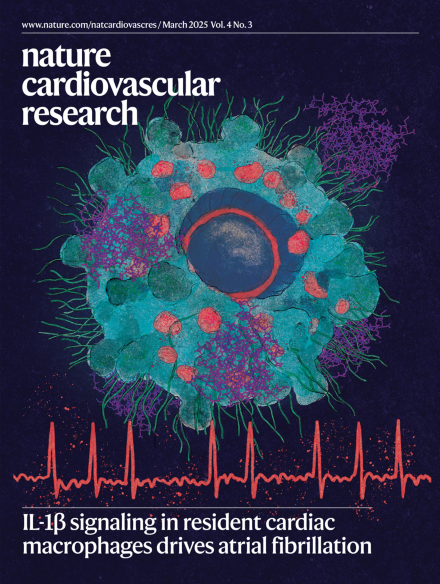New study explores the connection between chronic inflammation and arrhythmia development, identifying potential therapeutic targets
A recent Brazilian study published in Nature Cardiovascular Research has highlighted promising pathways for preventing and treating atrial fibrillation, a condition that significantly raises the risks of stroke and dementia. The research was led by the Federal University of Rio de Janeiro (UFRJ) in partnership with the D’Or Institute for Research and Education (IDOR).
What Is Atrial Fibrillation?
Atrial fibrillation (AF) is the most common cardiac arrhythmia worldwide. It disrupts the normal rhythm of the heart, causing irregular and often rapid heartbeats. This condition is associated with increased risks of stroke, dementia, and heart failure. It is also linked to other health issues like hypertension, obesity, and sleep apnea, which can exacerbate its severity.
Although AF is more prevalent among older adults—affecting roughly 10% of people over 80—its diagnosis is on the rise among younger populations, driven by lifestyle changes and chronic stress. Despite its prevalence, the underlying causes of AF are often unclear, posing challenges to effective treatment.
Addressing this complexity, the study investigated how chronic inflammation might act as a direct trigger for AF, paving the way for specific therapies and targeted medications.








